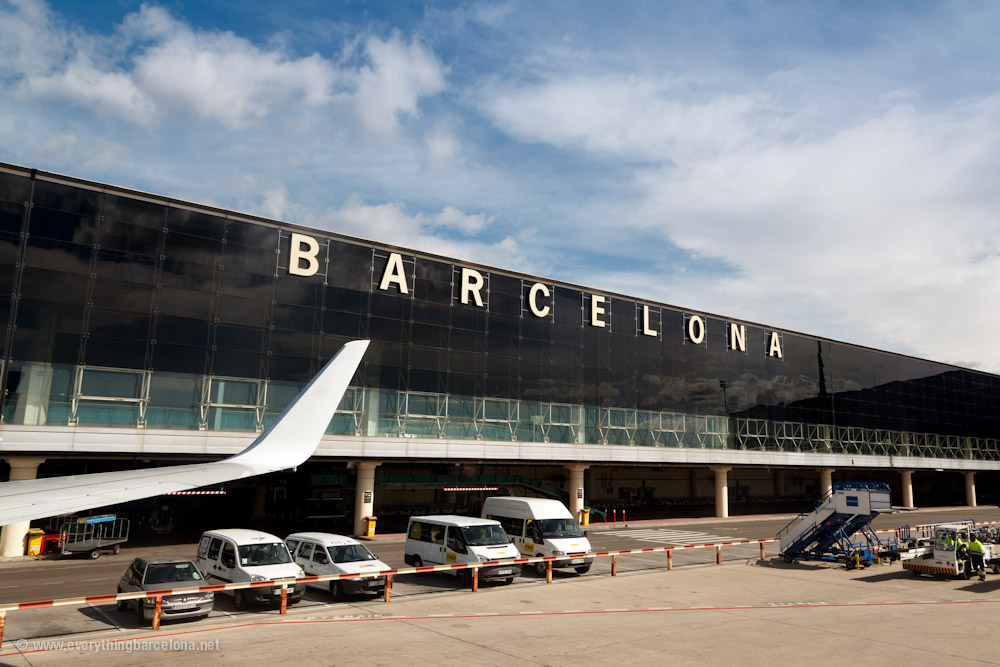
29 Jun Consumers, Financial Institutions and Airlines Facing the Mandatory Use of ADR in LO 1/2025
Consumers, Financial Institutions and Airlines Facing the Mandatory Use of ADR in LO 1/2025
On Wednesday, June 25, 2025, I had the opportunity to attend, thanks to the kind invitation of Mr. Jai Nanwani, the conference titled “Consumers, Financial Institutions and Airlines Facing the Mandatory Use of ADR in Organic Law 1/2025”, held within the framework of the 10th Barcelona Legal Congress.
Speakers
The session was presented by lawyer Jai Nanwani, president of the ICAB’s Aviation and Space Law Section, who has just been awarded the ‘CorporateLiveWire’ Innovation and Excellence Awards 2025 in the category of Aviation Law Firm of the Year, and moderated by Silvia Pardo Prado, lawyer and president of the Consumer Law Section of ICAB. The panel featured:
- Vicente Pérez Daudí, Professor of Procedural Law at the University of Barcelona.
- Helen Pino Vera, lawyer and member of the ICAB’s Procedural Law Section.
- Elisabet Valencia Ortega, lawyer and vice-president of the ICAB’s Banking Law Section.
- Julià Guimerà Gargallo, Head of the Information and Consumer Support Division at the Catalan Consumer Agency and Secretary of the Consumer Arbitration Board of Catalonia.
Contributions by Professor Vicente Pérez Daudí
Professor Pérez Daudí expressed a critical view of the judicial interpretation of LO 1/2025, calling for increased budgetary resources for the justice system. He argued that “courts are applying this law in an excessively restrictive manner”. He pointed to major legislative gaps, such as the lack of a definition of “consumer” and the absence of a clearly regulated financial responsibility threshold.
What is the financial responsibility threshold?
It refers to a limit amount that determines whether a dispute can be resolved through ADR mechanisms, such as consumer arbitration. In Spain:
- In many simplified procedures, the threshold is around €300.
- In other cases, it is set at €2,000 for proceedings without a court hearing.
- It may vary depending on regional legislation or individual arbitration board regulations.
The LO 1/2025 does not establish a €2,000 threshold. This amount comes from the Regulation of the Consumer Arbitration System (RD 713/2024), not from the Organic Law. Article 5.1 requires recourse to ADR before filing a civil claim but does not set any monetary limits.
The case of Catalonia
In Catalonia, the consumer arbitration system also sets differentiated thresholds based on the type of procedure:
- Up to €300: a simplified procedure is applied, without an oral hearing and with document-based processing only.
- Between €300 and €2,000: either the simplified or ordinary procedure may be used, depending on the complexity of the case and the arbitration board’s assessment.
- Above €2,000: the ordinary procedure is usually applied, with greater procedural safeguards.
These figures are established by regional regulations and internal resolutions of the Catalan Consumer Arbitration Board. The goal is to ensure system efficiency and guarantee equitable access to out-of-court dispute resolution.
Pérez Daudí also highlighted the efficiency of the Catalan Consumer Agency, which resolves many cases through mediation and arbitration, in contrast with the collapse of the Spanish Aviation Safety Agency (AESA), which operates only in Madrid and has very limited capacity. He stated that “AESA is not functioning in litigation; it is collapsed” and that “it does not deal with important issues like lost luggage”.
He further warned that the lack of a chance to correct the absence of a prior ADR attempt before filing a lawsuit could give rise to a constitutional challenge. In his words: “this will end in a declaration of unconstitutionality.”
Assessment by the Catalan Consumer Agency
Julià Guimerà gave a positive assessment of LO 1/2025. He stressed that the Seventh Additional Provision sets as a procedural requirement the need to have first submitted a claim to the company. He reminded that “the client must first try to contact the company as a condition for proceeding”. The Catalan Consumer Agency has been contributing for years to easing the court burden through free mediation and arbitration services (Decree 98/2010).
Guimerà clarified that consumer arbitration, since it involves a third party issuing a decision, is not technically ADR like mediation, but rather a quasi-judicial alternative. He stated: “A tribunal makes a decision; it is not a method to bring parties closer together.”
Remarks by Elisabet Valencia Ortega
Lawyer Elisabet Valencia discussed the situation of banking consumers. She noted that they may contact the Customer Service Department (SAC) or resort to ADR. She expressed concern about Article 439 bis of the Civil Procedure Act (LEC) in relation to claims for abusive clauses in mortgage loans, stating that “if the client chooses ADR, there are problems with confidentiality and preclusion of claims”. She emphasized that a prior claim is not ADR, and that often consumers are just requesting documentation before suing.
What does preclusion of claims mean?
Preclusion of claims is a procedural principle whereby a party loses the right to submit certain arguments or evidence if not done at the proper stage. In the context of ADR, it refers to cases where courts reject lawsuits for not proving prior out-of-court attempts, without allowing the party to remedy this, which may infringe on the right to effective judicial protection.
Valencia supported the motto “Fewer lawsuits, lower costs”, and insisted that “we must learn to let go”. She also highlighted consumer identification issues, warning that “we cannot send statements to just anyone”.
She pointed to the low prevalence of mediation in the banking sector. Often, what is called direct negotiation boils down to minor discounts, without a real dialogue process. Regarding revolving credit cards, she noted that not all are abusive, and that there is a grey area where negotiation is preferable. She referred to the use of ADR to request documentation before filing a lawsuit, especially in usury cases. She concluded that “justice is clearly being instrumentalised” and that “the client ends up choosing the ADR method they want”.
Relevant case law:
- STS 149/2020, on usury in revolving cards.
- STS 367/2022, on transparency in credit contracts.
Insights by Helen Pino Vera
Helen Pino denounced the difficulties consumers face in air transport claims. She explained that it can take up to 24 months to resolve such matters and that there are documentation issues, especially with paper copies. This delay compromises the right to effective judicial protection.
She warned about the regionalisation of procedural law: courts in places like Málaga or the Balearic Islands apply different protocols, leading to significant territorial inequality. She advocated for standardising procedures through official protocols.
She recalled Articles 5 and 10 of LO 1/2025 and the Seventh Additional Provision, which states that “the procedural requirement is deemed fulfilled when a claim has been submitted to the other party and no response was received within the deadline, or the response was unsatisfactory.”
She also highlighted that “around €5 billion are being held in the courts, waiting for a court clerk to push a button.” This situation reflects serious inefficiencies in the management of judicial compensation.
Conclusion
The conference highlighted both the progress and shortcomings of the recent LO 1/2025 in the field of out-of-court conflict resolution. Despite the legislative support for ADR, interpretive doubts, institutional imbalances, and practical deficiencies remain. Training, coordination among legal actors, and adequate resourcing will be key for this reform to achieve its goal of a faster, more accessible, and people-centered justice.
